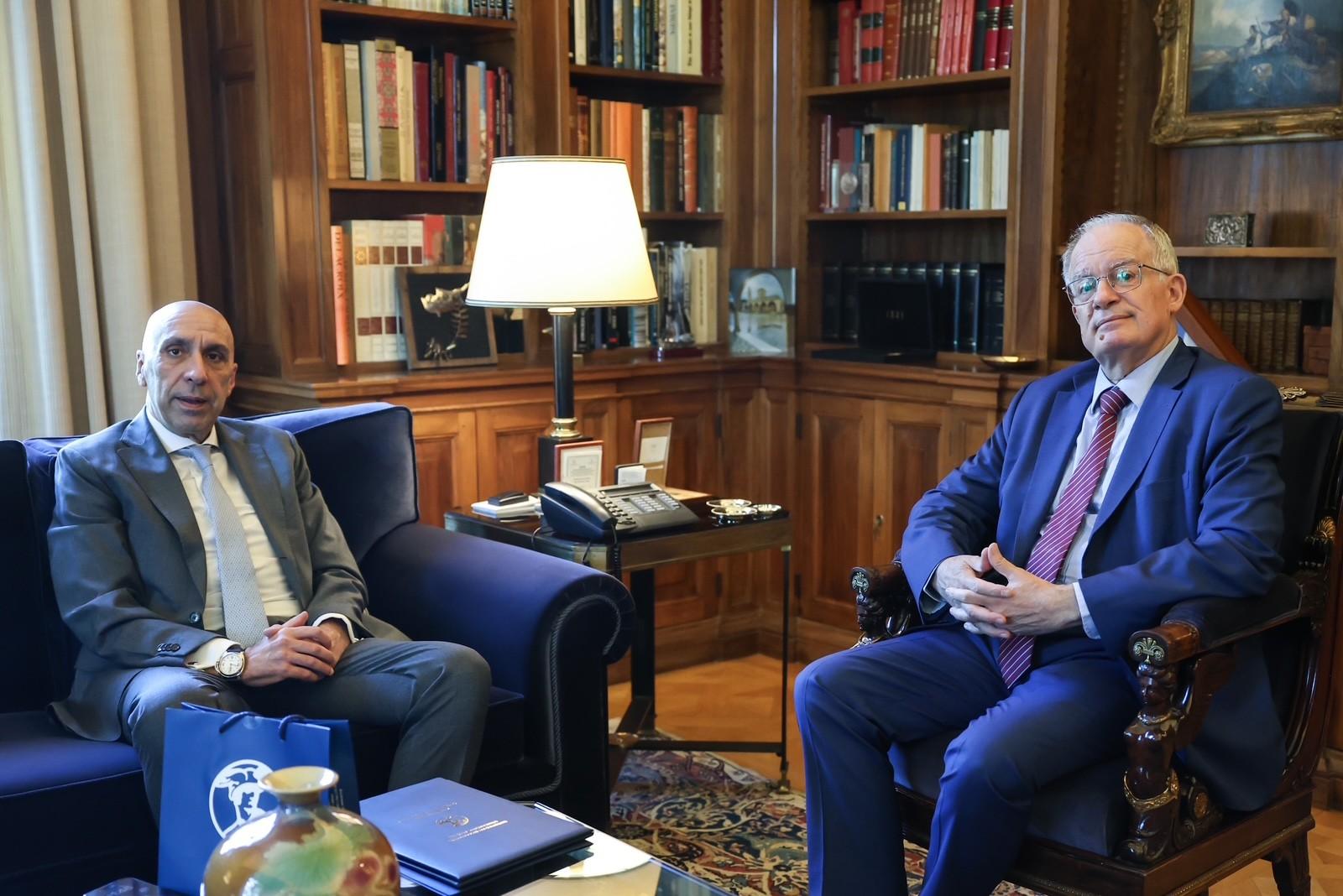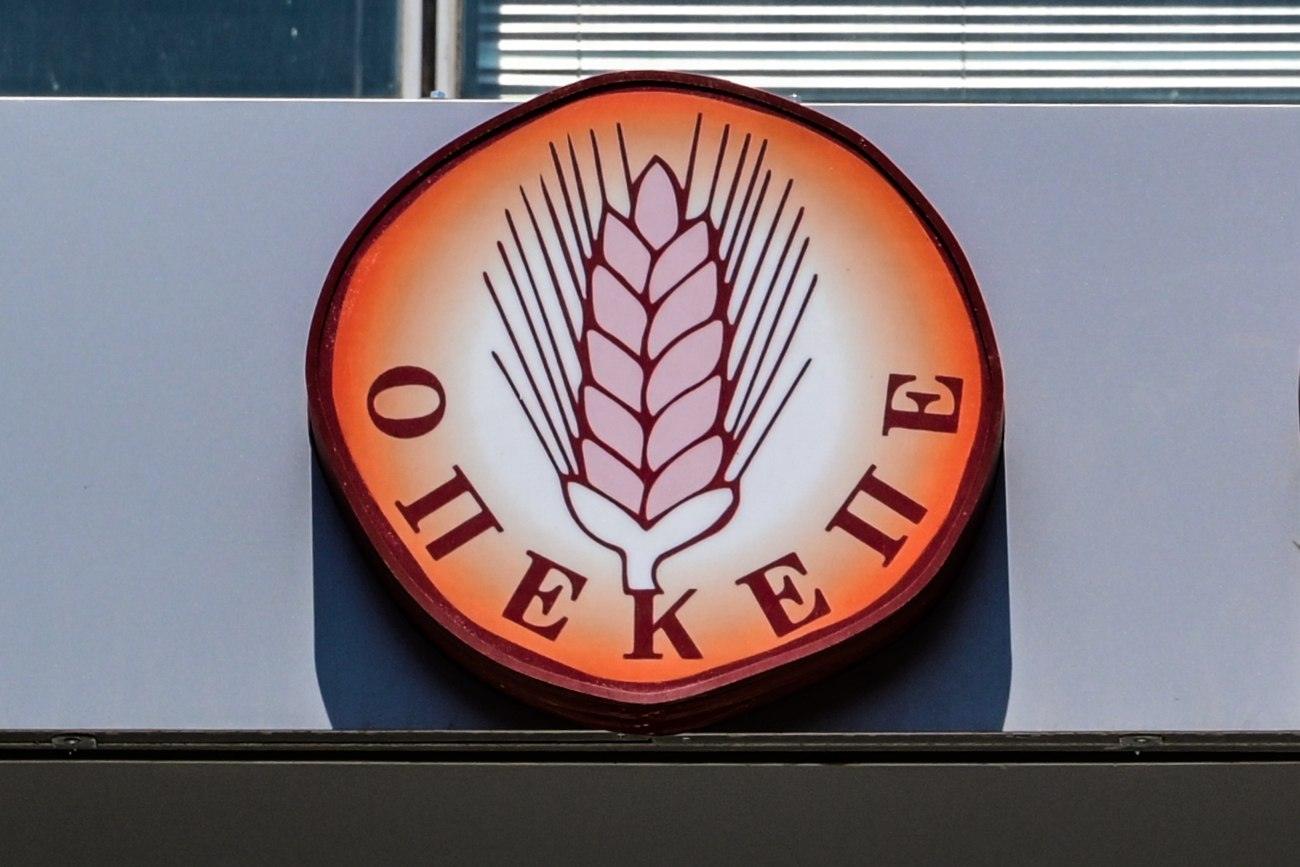The Israel-Hamas war is creating new challenges for Europe’s economy, from energy market disruption to an influx of refugees, the governor of the Bank of Greece warns.
Yannis Stournaras told the Financial Times that turmoil in the Middle East tipped the balance against any further tightening of monetary policy.
“It’s a matter of common sense,” the Greek banker pointed out, a few days before hosting the board meeting of the European Central Bank in Athens. Analysts expect European bankers to keep eurozone interest rates unchanged for the first time in 15 months.
“With a new source of uncertainty in the Middle East, where it is completely unknown what is going to happen – we are in the dark – it is better to keep all our options open and be careful to maintain the resilience of the European economy,” he stressed.
“Spasmodic reaction”
The Israel-Hamas conflict contributed to a modest rise in oil and gas prices. This has led to concern about a new wave of inflation. However, Stournaras said the ECB should avoid any “knock reaction”, noting that it is likely to have a disinflationary impact, and adding that “a humanitarian crisis” in Gaza could also cause a surge in refugees arriving to Europe.
The eurozone economy is already at “a critical point where if we keep raising interest rates we run the risk of something breaking,” he said. “There is a lot of progress in reducing inflation, we are almost at a standstill in eurozone activity and we have seen a reduction in bank lending.”
The ECB raised its key deposit rate from a record low of minus 0.5% to an all-time high of 4% to tackle the biggest wave of inflation in a generation.
Asked when he thought the ECB could start cutting interest rates, Mr Stournaras underlined: “If inflation in the middle of next year… falls close to 3%, that is perhaps the time to start thinking about a rate cut ».
The PEPP
As the FT reports, some hawks have turned their attention to calling on the ECB to speed up the shrinking of its massive bond portfolio by halting reinvestment into the €1.7 trillion Pandemic Emergency Purchase Program, or PEPP, earlier than planned at the end of next year.
Commenting, Mr. Stournaras said that there are “pros and cons” to the idea, and stressed that he expects this issue to be of concern at the ECB meeting in Athens. He did not fail to stress, however, that PEPP was the ECB’s “first line of defense” against a divergence in borrowing costs between eurozone members. “At this stage, given everything that’s going on in the world, isn’t it better to keep our flexibility?” he wondered.
He also expressed concern about the recent sell-off in bond markets that has raised borrowing costs for governments. “I worry when I see countries with deficits above 6% or 7% of GDP — it reminds me of the Greek crisis,” he said.
The FT points out that the first meeting of the ECB’s board in Athens since 2008 highlights how Greece has moved from Europe’s Achilles’ heel, which needed a bailout during its sovereign debt crisis a decade ago, to one of the best performing economies in the region. And they make special reference to the recovery of investment grade.
But Stournaras, who was Greece’s finance minister during the debt crisis, said the country needed to increase the primary surplus – excluding the cost of debt – from 1.1% this year to more than 2% next year. , a goal that may prove difficult given the state of the European economy.
At the same time, the country’s development is threatened by the shrinking of its population, which may limit Greek growth rate by 1 to 1.5 percentage points, Stournaras said. He urged the government to increase productivity by reducing court delays, accelerating the digitization of the public sector and improving the quality of schools, public transport and hospitals.
Officials in Athens are counting on more than 55 billion euros in EU funds over the next six years to support public investment. “The Greek government must continue with the reform program and fiscal consolidation,” he concluded.
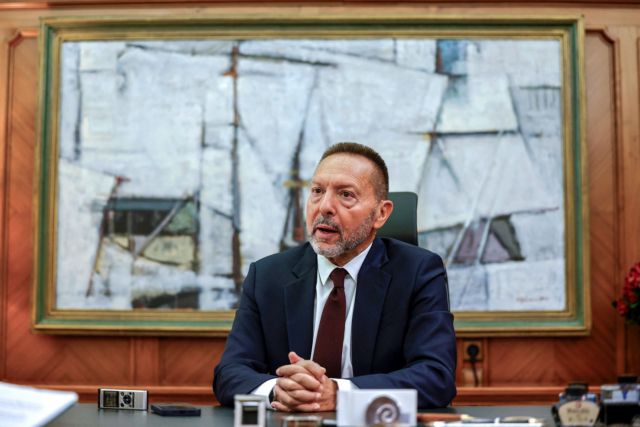

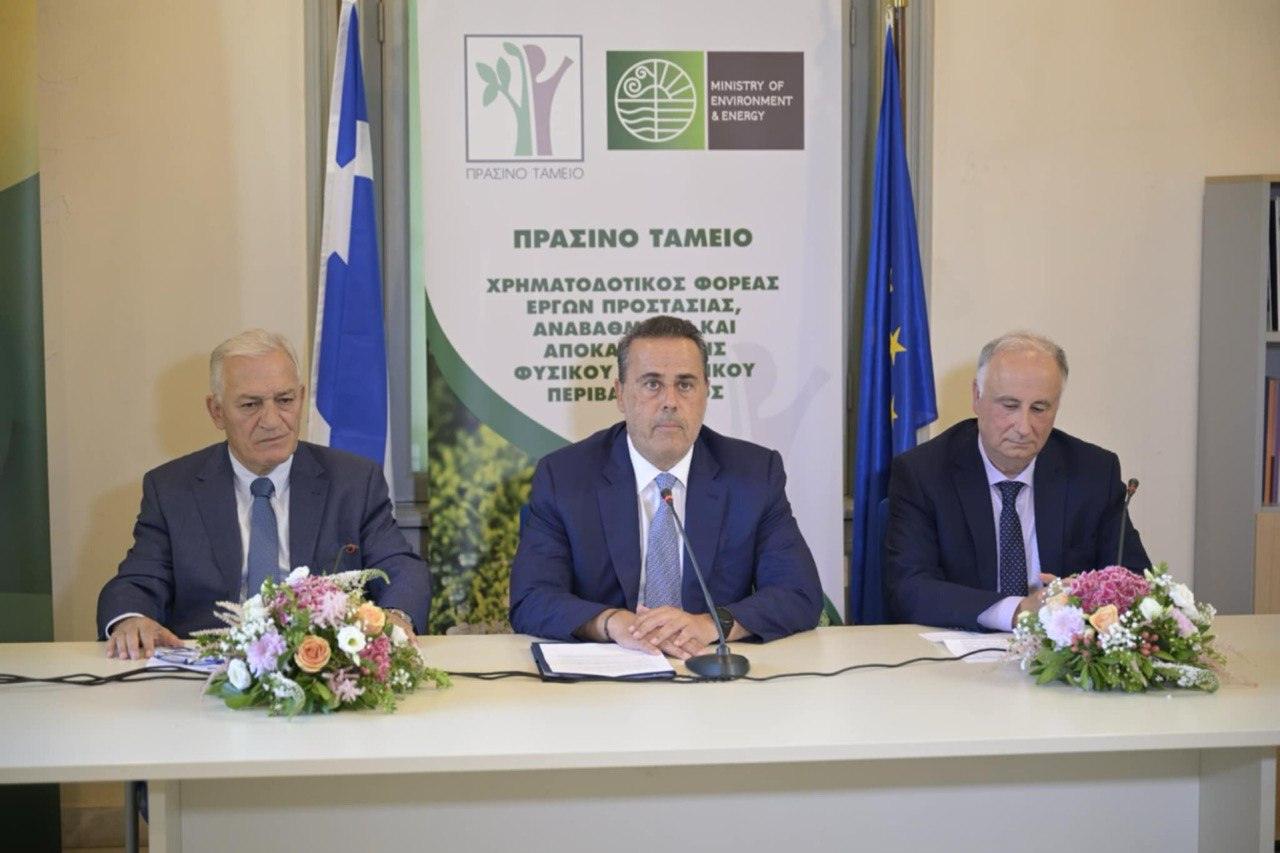
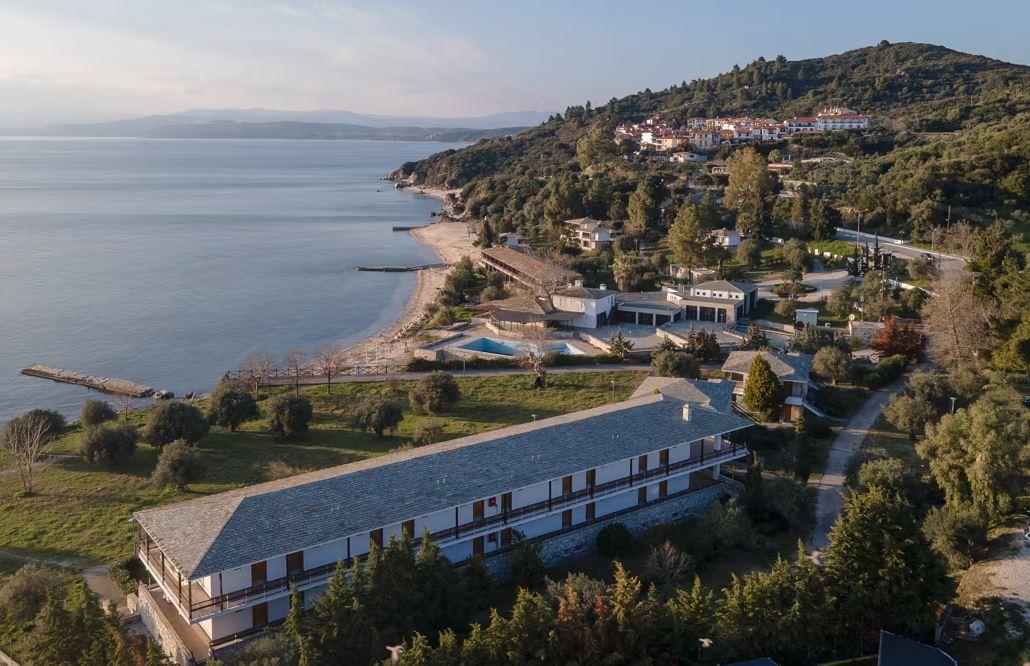



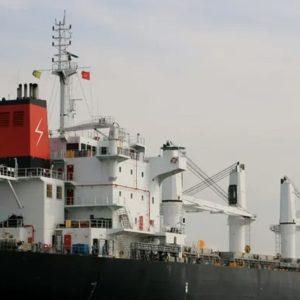
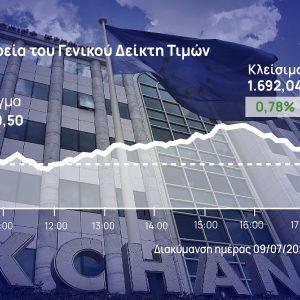

![ΟΟΣΑ: Η ανεργία «πέφτει» στην Ελλάδα αλλά… – Τα κρίσιμα σημεία [γραφήματα]](https://www.ot.gr/wp-content/uploads/2025/07/anergia3-1-300x300.jpg)
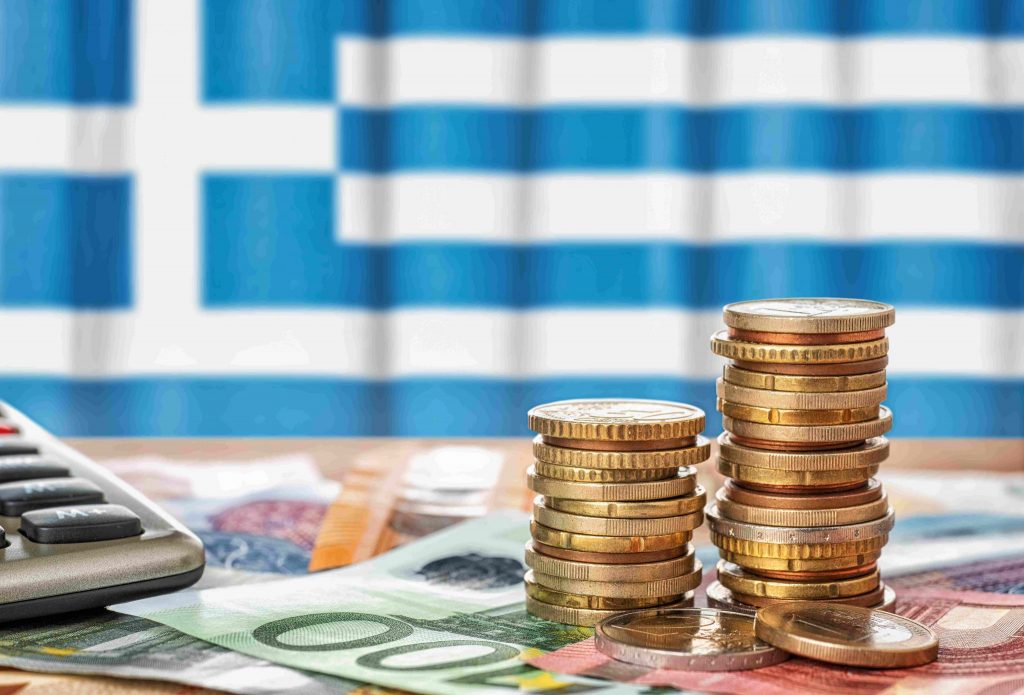


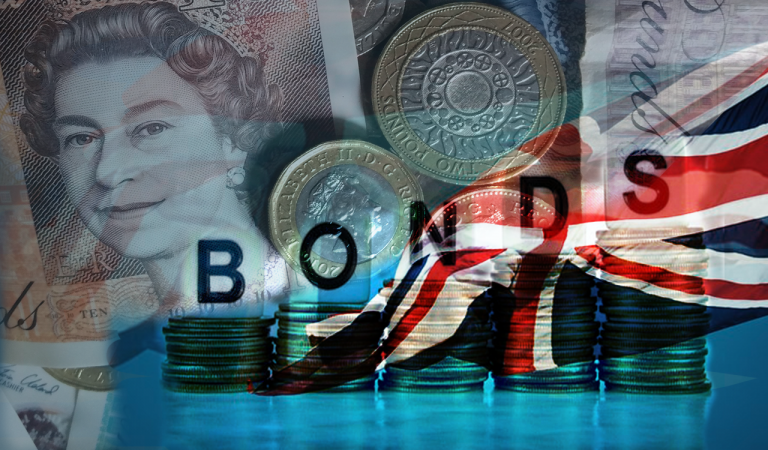







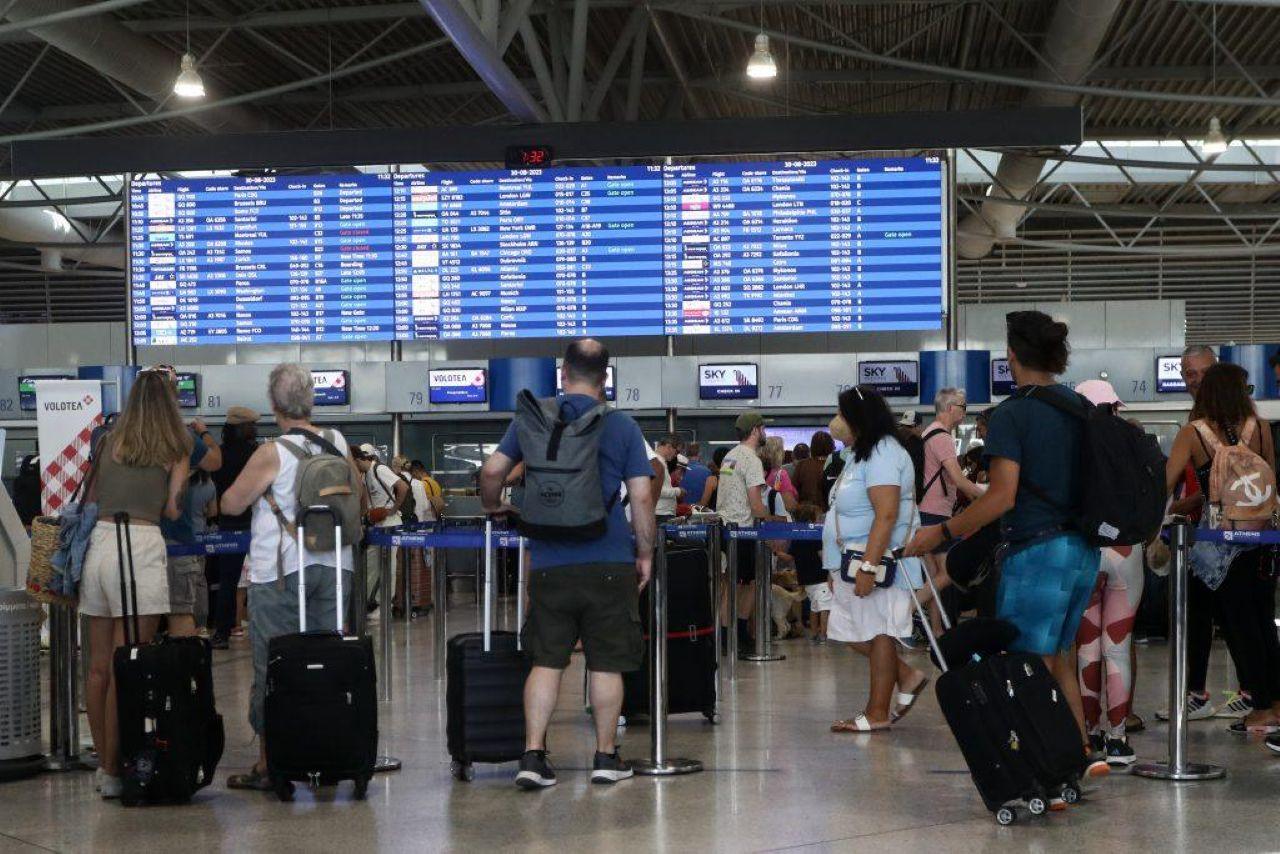





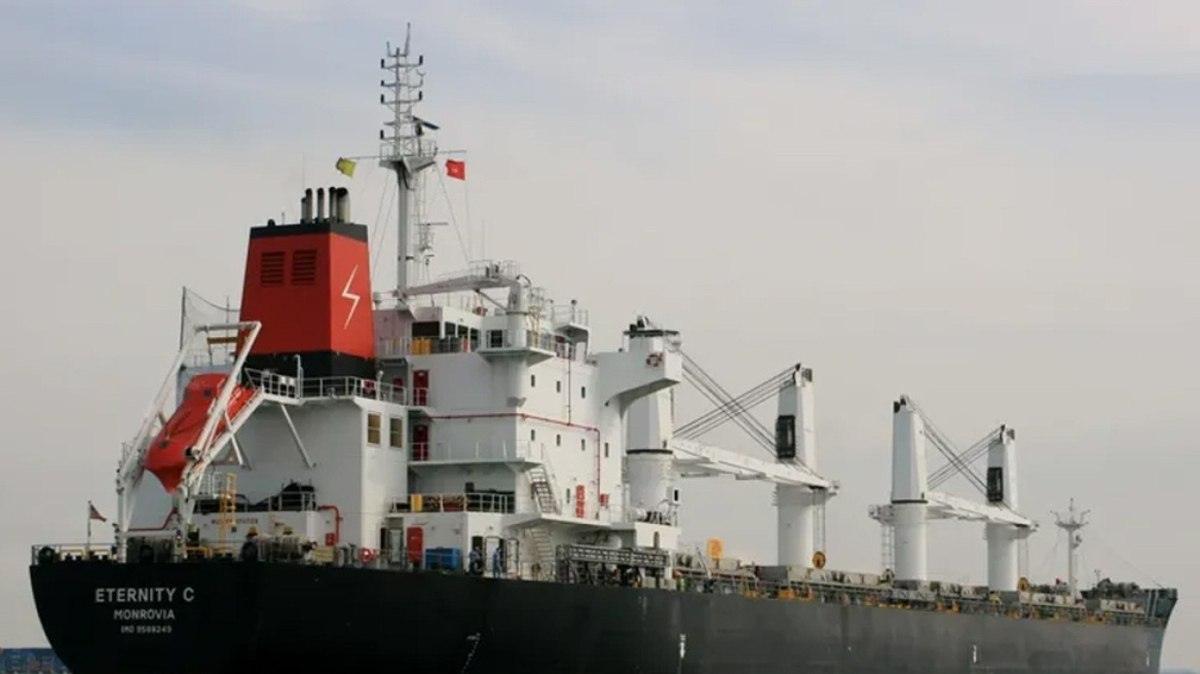
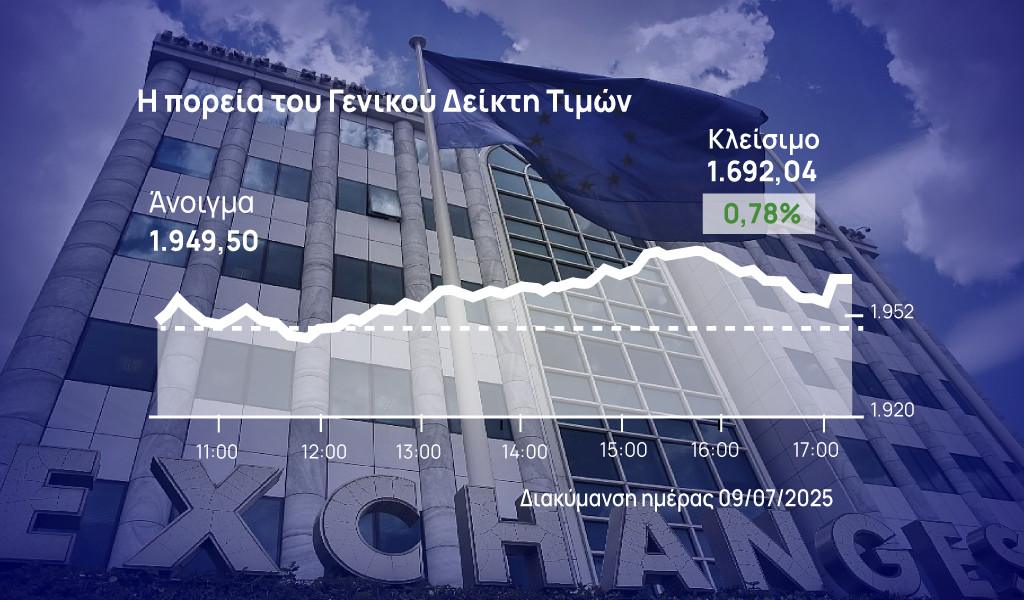

![ΟΟΣΑ: Η ανεργία «πέφτει» στην Ελλάδα αλλά… – Τα κρίσιμα σημεία [γραφήματα]](https://www.ot.gr/wp-content/uploads/2025/07/anergia3-1.jpg)
![Τραμπ: Η απειλή για δασμούς 200% στα φάρμακα και το εμπορικό έλλειμμα των 74 δισ. ευρώ με την ΕΕ [γραφήματα]](https://www.ot.gr/wp-content/uploads/2023/01/farmaka.jpg)





